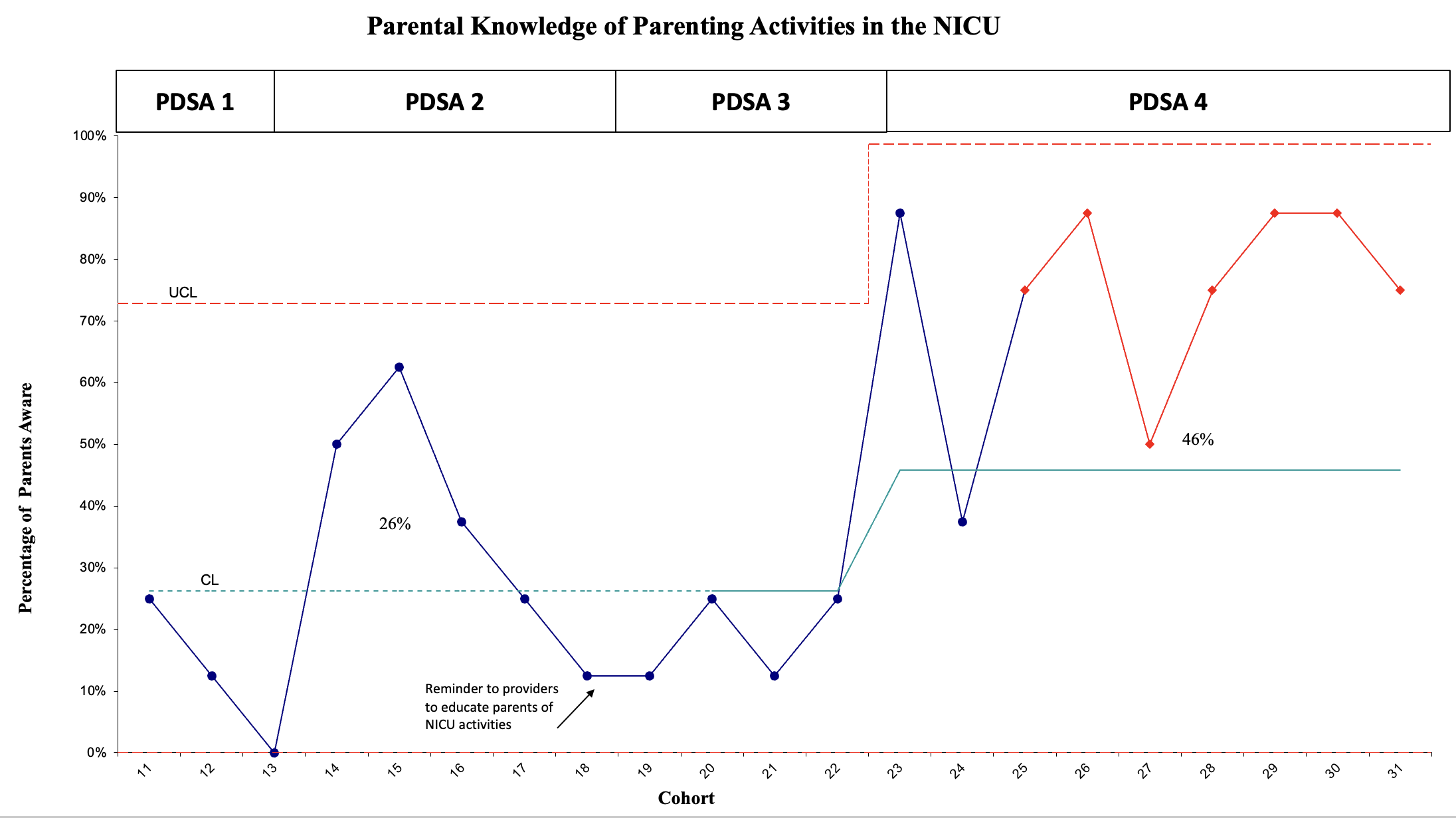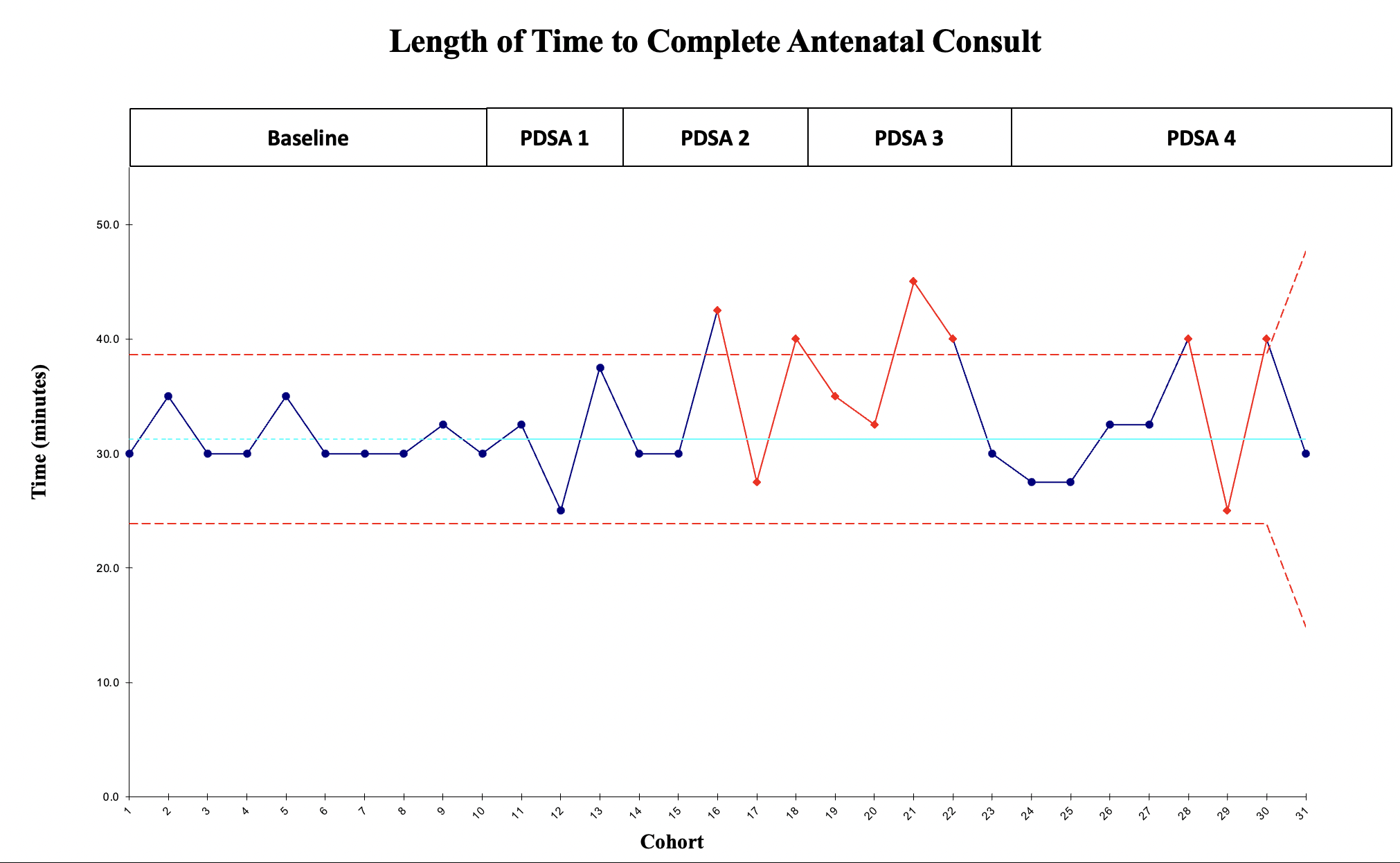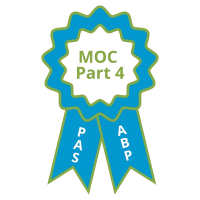Neonatal Quality Improvement 4
Session: Neonatal Quality Improvement 4
507 - Increasing Parenting Activities by Parents of Very Preterm Neonates in the NICU
Saturday, April 26, 2025
2:30pm - 4:45pm HST
Publication Number: 507.5257
Nusiebeh Redpath, East Carolina University Health Medical Center, Greenville, NC, United States; Juan L. Guillen-Hernandez, Brody School of Medicine at East Carolina University, Greenville, NC, United States; Uduak S. Akpan, Brody School of Medicine at East Carolina University, Greenville, NC, United States

Nusiebeh Redpath, MD MSPH (she/her/hers)
Perinatal-Neonatal Physician Fellow
East Carolina University Health Medical Center
Greenville, North Carolina, United States
Presenting Author(s)
Background: Admission to the neonatal intensive care unit (NICU) hospitalization affects the parent-infant relationship as many families are unaware of opportunities to parent while in the NICU.
Objective: Aim Statement: To increase the number of days parents of very preterm infants (≤32 weeks of gestation) perform parenting activities in the NICU in the first two weeks of life by 50% within 1 year.
Design/Methods: We formed a multi-disciplinary team and collected baseline data from December 2022 to May 2023. We completed four Plan-Do-Study-Act (PDSA) cycles and analyzed data in cohorts of eight patients each. The first cycle (June 2023) involved parent surveys and distribution of a parental activity diary. For the second cycle starting (July 2023), we educated providers about incorporating information about parenting activities into prenatal counseling. In the third cycle (October 2023), we integrated discussions of parenting activities into scheduled NICU family meetings. For the fourth cycle in April 2024, we introduced an infographic with a QR code to facilitate parental access to information regarding parenting activities.
The outcome measure was the median number of days parents participated in NICU activities in the first two weeks of life. Process measures included the percentage of antenatal counseling sessions that included parenting information and the percentage of parents that reported knowing about parenting activities. Our balancing measure was the median length of time spent on antenatal counseling.
Results: The median number of days of parents performed activities increased by 65% to 9.6 days, achieving our aim. Provider information during counseling increased significantly above baseline to 68% and 45% respectively, while the median length of antenatal counseling remained unchanged at 30 minutes.
Conclusion(s): We achieved our aim of increasing parenting activities in the NICU without increasing the clinical burden on physicians. Barriers encountered included resistance to change by staff, challenges in documentation, and parental hesitancy/discomfort. Incorporating interventions across disciplines and units as well as the use of a smartphrase and QR code helped achieve our aim. A multidisciplinary approach to our project was instrumental in achieving our aim and incorporating interventions into the daily NICU workflow will help sustain noted changes.
Median Days of Parental Participation in NICU Activities
.png)
Parental Knowledge of Parenting Activities in the NICU

Length of Time to Complete Antenatal Consult



